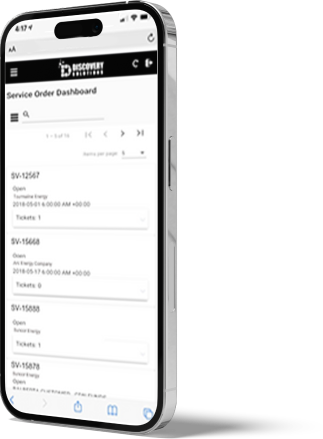Customization vs. Out-of-the-Box ERP Solutions: Striking the Right Balance



Enterprise Resource Planning (ERP) systems have become the backbone of modern businesses, streamlining processes, enhancing productivity, and improving overall efficiency. As organizations seek the optimal ERP solution for their unique needs, the debate between customization and out-of-the-box solutions remains a critical consideration. In this blog, we'll delve into the pros and cons of customization and out-of-the-box ERP solutions, backed by case studies and best practices to help businesses find the right balance.
Customization: Tailoring ERP to Fit Unique Needs
Pros:
Industry-Specific Adaptation: Customizing ERP software allows organizations to align the system with their specific industry requirements. This can lead to improved workflows and increased operational efficiency tailored to the unique demands of the business.
Competitive Edge: Tailored ERP solutions provide a competitive advantage by allowing businesses to differentiate themselves through specialized features and functionalities. This can be crucial in industries where innovation and unique processes are key drivers of success.
Enhanced User Adoption: Customization enables a more user-friendly interface, as features and workflows can be designed based on the actual needs and preferences of the end-users. This often leads to higher user satisfaction and better adoption rates.
Cons:
Higher Costs and Complexity: Customizing ERP solutions can significantly increase implementation costs and complexity. The need for specialized development and ongoing maintenance may strain budgets and require additional resources.
Longer Implementation Time: Tailoring an ERP system to specific needs often extends the implementation timeline. This delay can impact the organization's ability to realize the benefits of the ERP system in a timely manner.
Out-of-the-Box Solutions: Embracing Standardization for Efficiency
Pros:
Cost-Effectiveness: Out-of-the-box ERP solutions are generally more cost-effective, as they require less time and effort for implementation. The absence of extensive customization reduces development costs and accelerates the deployment process.
Faster Implementation: Pre-configured ERP systems can be implemented more quickly than customized solutions. This allows businesses to start realizing the benefits of the ERP system sooner, providing a faster return on investment.
Vendor Support and Updates: Opting for an out-of-the-box solution means relying on vendor support for maintenance and updates. This can be advantageous as vendors often release patches and upgrades to enhance system security and performance.
Cons:
Generic Functionality: Out-of-the-box ERP solutions may lack specific features required by certain industries or businesses. This can lead to inefficiencies, workarounds, or the need for additional third-party applications to fill the functionality gaps.
Limited Flexibility: Standardized ERP systems may not adapt well to unique business processes, potentially requiring organizations to alter their workflows to fit the software's limitations.
Striking the Right Balance
Detailed Needs Assessment: Before deciding on customization or an out-of-the-box solution, conduct a thorough needs assessment. Understand your organization's unique requirements and evaluate whether existing functionalities meet those needs.
Flexibility and Scalability: Choose an ERP solution that offers a balance between customization and out-of-the-box functionality. Look for systems that are flexible enough to accommodate future changes and scalable to grow with the business.
Engage Stakeholders: Involve key stakeholders throughout the decision-making process. Gather input from different departments to ensure that the chosen ERP solution aligns with the diverse needs of the organization.
The debate between customization and out-of-the-box ERP solutions ultimately comes down to finding the right balance for your organization. Consider your industry, specific needs, and budget constraints to determine whether customization is worth the investment. Striking the right balance ensures that your ERP system enhances efficiency without sacrificing long-term scalability and flexibility. By learning from successful case studies and following best practices, businesses can navigate this decision-making process with confidence, ultimately reaping the full benefits of their chosen ERP solution.

Book a Call




